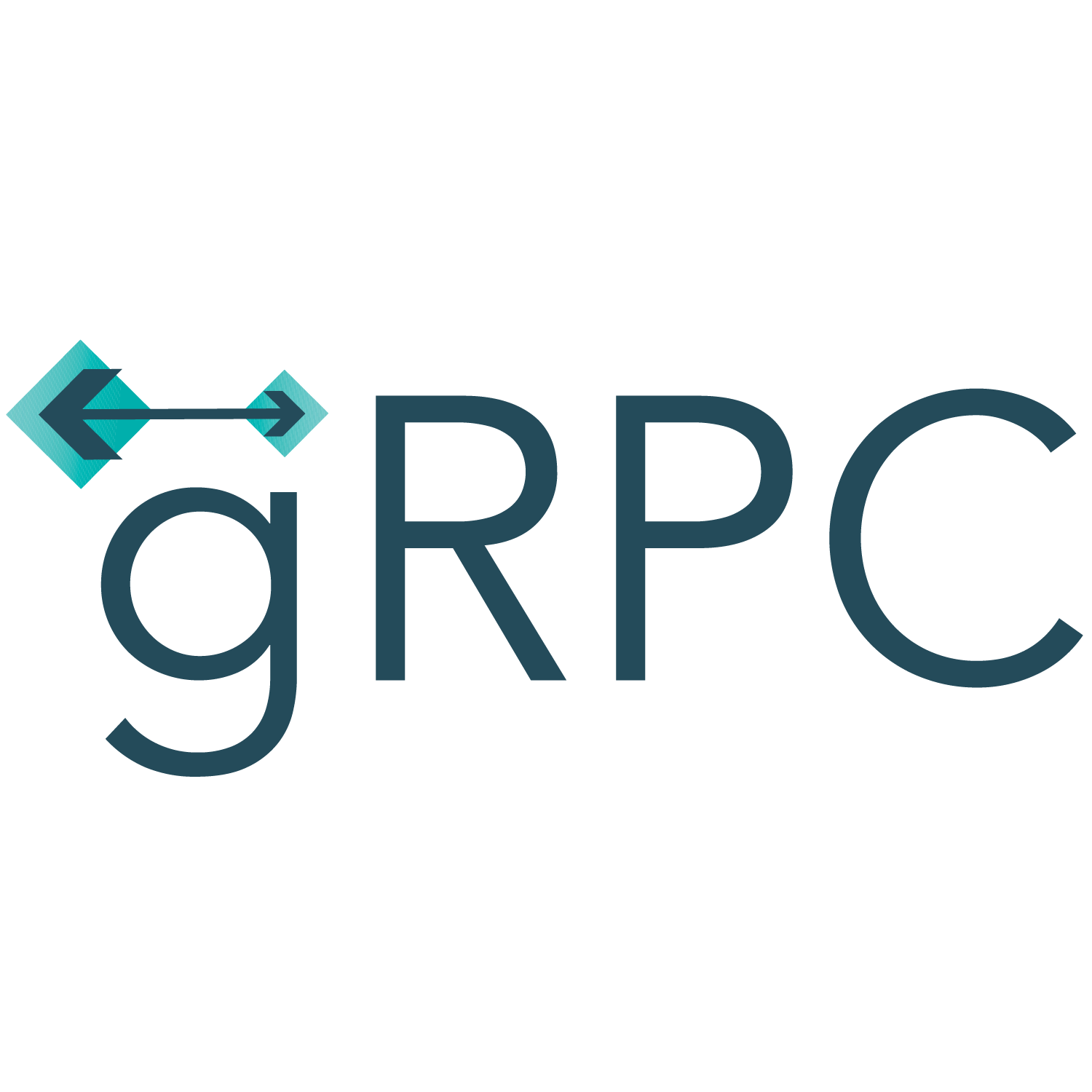Progressive Web Apps with gRPC: Exploring the Possibilities
Learn how gRPC can enhance Progressive Web Apps (PWAs) by enabling efficient communication, real-time updates, and strong typing for a seamless user experience.

Progressive Web Apps with gRPC: Exploring the Possibilities
Progressive Web Apps (PWAs) have gained significant popularity in recent years due to their ability to deliver native-like experiences across multiple devices and platforms. By combining the power of web technologies and the performance of native apps, PWAs offer a seamless user experience that is fast, responsive, and engaging.
In this blog post, we will explore the possibilities of building PWAs with gRPC, an open-source framework developed by Google for building high-performance, language-agnostic APIs. We'll dive into the advantages of using gRPC in PWAs, discuss its integration with popular frontend frameworks, and explore real-world use cases where gRPC can take PWAs to the next level.
What is gRPC?
gRPC is a modern, open-source framework that enables developers to build high-performance, scalable, and language-agnostic APIs. It uses the Protocol Buffers (protobuf) serialization format to define service interfaces and message types, ensuring efficient communication between client-side applications and server-side services.
With gRPC, developers can easily define their APIs using protobuf and generate client and server code in multiple programming languages, such as JavaScript, Go, Java, Python, and many more. The generated code provides strongly-typed interfaces and method stubs, making it easy to write clean and maintainable code.
Advantages of Using gRPC in PWAs
When it comes to building PWAs, gRPC offers several advantages over traditional RESTful APIs:
- Efficiency: gRPC uses Protocol Buffers, a highly efficient binary serialization format. This results in smaller payload sizes, faster data transmission, and reduced bandwidth usage.
- Performance: gRPC features support for bidirectional streaming, allowing real-time communication between client and server. This is particularly useful for applications that require instant updates, such as chat apps, collaborative tools, and live dashboards.
- Strong typing: gRPC generates strongly-typed client and server code, enabling developers to catch potential issues at compile-time rather than runtime. This leads to better code quality, improved developer productivity, and fewer bugs.
- Code reuse: With gRPC, you can define your API contract in a single location using protobuf and generate client code in multiple languages. This promotes code reuse and accelerates development time across different platforms and programming languages.
Integrating gRPC with Frontend Frameworks
Integrating gRPC with popular frontend frameworks, such as React, Angular, or Vue.js, is relatively straightforward. Here's a high-level overview of the integration process:
- Define your API contract using protobuf. This includes defining the request and response message types, as well as the service interfaces.
- Generate client code using the appropriate gRPC tooling for your target programming language. This will give you access to strongly-typed client stubs in your frontend application.
- Create a gRPC client instance in your frontend application and use it to make API calls. gRPC supports both unary and streaming RPCs, allowing you to send and receive data efficiently.
- Handle the API responses and update your application state accordingly. Depending on your frontend framework, you can use libraries like Redux, Vuex, or MobX to manage application state and ensure a reactive UI.
By integrating gRPC into your frontend application, you can take advantage of its performance, efficiency, and strong typing capabilities, providing a seamless user experience for your PWA.
Real-World Use Cases
Let's explore some real-world use cases where gRPC can empower PWAs:
- Real-time collaboration: gRPC's bidirectional streaming enables real-time collaboration features in PWAs. Whether you're building a collaborative document editing tool, a whiteboarding application, or a multiplayer game, gRPC's bi-directional capabilities allow for instant updates and seamless collaboration.
- Live dashboards: PWAs with live dashboards can greatly benefit from the performance and efficiency of gRPC. Whether you're building a real-time analytics dashboard, a monitoring dashboard for IoT devices, or a stock market monitoring app, gRPC's bidirectional streaming and small payload sizes ensure fast and up-to-date data delivery.
- Instant messaging apps: Building an instant messaging app as a PWA can be a powerful solution, especially when using gRPC for communication. Real-time messaging, seen and delivered receipts, and typing indicators can all be implemented using bidirectional streaming and gRPC's lightweight payload.
Summary
Progressive Web Apps have become a popular choice for building cross-platform applications that offer excellent performance and user experiences. By combining the power of gRPC with PWAs, developers can take their applications to the next level. gRPC provides a performant, efficient, and language-agnostic solution for building APIs, making it an excellent choice for PWAs that require real-time interactivity and seamless collaboration.
Whether you're building a real-time collaborative tool, a live dashboard, or an instant messaging app, consider leveraging gRPC in your PWAs to unlock the full potential of modern web technologies.
Thank you for reading! We hope this blog post has sparked your interest in exploring the possibilities of building PWAs with gRPC.